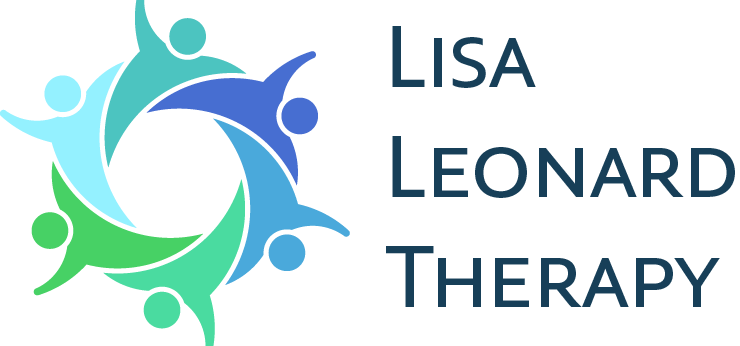1. Does talking about problems really help?
Simply talking about problems isn’t enough. In our sessions, I’ll actively collaborate with you to clearly define your goals and develop practical strategies to improve your life and relationships. My approach focuses on meaningful changes that produce lasting results.
2. Do you work with individuals, unmarried couples, and same-sex couples?
Absolutely. Approximately half of my clients are individuals dealing with depression, low self-esteem, anxiety, or relationship challenges. I warmly welcome individuals, unmarried couples, and same-sex couples seeking guidance.
3. Can marriage counseling help if I love my spouse but am no longer in love?
Yes. Many couples I work with still deeply care for each other but find their relationships strained by ongoing conflicts and misunderstandings. Through professional guidance, I help you navigate these conflicts, foster mutual understanding, and restore intimacy and passion. It’s common for long-term relationships to shift from intense romantic excitement to mature, fulfilling love. With therapy, you can rediscover connection, respect, and satisfaction.
4. How long does counseling typically last?
The duration varies based on several factors, including:
- The duration and severity of your issues
- The level of hurt experienced
- Each person’s emotional maturity
- The amount of trust present in the relationship
After initial sessions, I’ll provide a clearer estimate tailored to your unique circumstances.
5. My spouse refuses counseling. Should I attend sessions alone?
Yes. Individual therapy can positively impact your relationship even if your partner doesn’t participate. Relationships are like dances; when one person changes their steps, the dynamic shifts. Attending alone initially may encourage your spouse to join later after seeing positive changes.
6. What therapeutic approaches do you use?
My therapy combines effective approaches such as Emotionally Focused Therapy (EFT), Gottman Method, and Cognitive Behavioral Therapy (CBT). I may also provide personalized exercises or homework to practice between sessions, enhancing your progress.
7. What is your fee for counseling sessions?
Sessions are billed at $200 per 55-60 minute appointment.
8. Can marriage counseling help after infidelity?
Yes. Many couples successfully navigate and heal after infidelity. Counseling provides a structured, supportive environment to rebuild trust and understanding. Even if reconciliation isn’t possible, therapy can help both parties heal, and if children are involved, counseling supports healthier family dynamics during this challenging time.
9. Does insurance cover counseling sessions?
Insurance coverage depends on your individual policy. Typically, insurance companies require a mental health diagnosis and may request detailed personal information. I recommend contacting your insurance provider directly to inquire about your outpatient mental health benefits and out-of-network coverage. I’m available to assist you in navigating this process.
10. Do you offer evening or weekend appointments?
Limited evening and occasional Saturday appointments are available to established clients. I also provide convenient early-morning and lunchtime sessions to accommodate busy schedules.
11. Do most couples who attend counseling stay together?
Many couples I work with successfully repair their relationships when they seek counseling promptly. Early intervention significantly increases your chances of preserving your relationship. If you’re considering therapy, I encourage you to begin today to enhance your likelihood of success.
